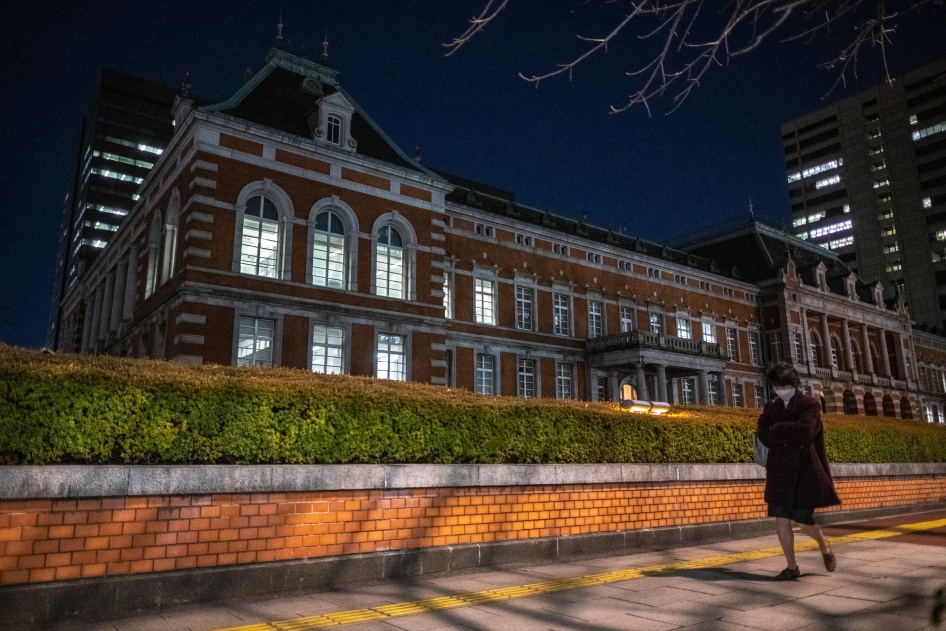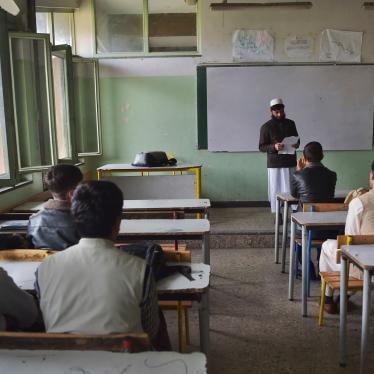During a parliamentary session on Thursday, Japan’s Justice Minister Ryuji Koizumi said that between 2014 and 2022, the Justice Ministry found six violations of a 2014 directive effectively banning all penal institutions from using restraints on imprisoned pregnant women inside delivery rooms.
Last November, Human Rights Watch published accounts of formerly imprisoned women who described such violations happening to other women in prison.
“We have been researching this matter since issuing the directive in 2014, and as a result, up until the end of 2022, we found six violations in which handcuffs were used,” Koizumi said in response to a question by an opposition lawmaker. “In light of this, we broadened the directive in 2022 to refrain from the use of handcuffs when [imprisoned people are] holding, bathing, changing diapers, and breastfeeding babies.” The Japanese government will “think of appropriate measures” going forward, the justice minister added.
Restraining imprisoned people under such circumstances contravenes international standards. Rule 48 of the United Nations Standard Minimum Rules for the Treatment of Prisoners (the Mandela Rules) states that “instruments of restraint shall never be used on women during labour, childbirth and immediately after birth.” In addition, the commentary to rule 24 of the Bangkok Rules states that using “body restraints, such as shackles ... on pregnant women during transfers to hospitals, gynecological examinations, and birth ... violates international standards.”
Some governments have already taken action to prevent the use of restraints on imprisoned pregnant people. In 2018, the US government enacted the First Step Act, which prohibits “the use of restraints on pregnant inmates” in the custody of the Federal Bureau of Prisons. In 2021, New Zealand’s Department of Corrections said it “will no longer use handcuffs on women who are 30 weeks or more pregnant.”
The Japanese government should follow suit, ensuring restraints aren’t used on imprisoned pregnant people by further broadening the directive to prohibit using restraints on women during labor and immediately after birth. Authorities should also ensure that imprisoned people are informed about their legal right to seek permission to keep their child with them in prison, subject to approval by the prison warden, and encourage prison wardens to consider such requests expeditiously and sympathetically. At the same time, the government should encourage prosecutors to use article 482 of the Code of Criminal Procedures and suspend sentences for imprisoned people who are 150 or more days pregnant, among other grounds.










